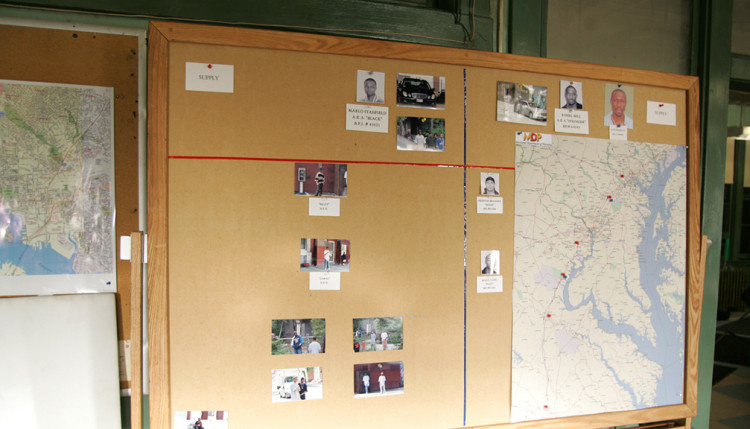
CONFERENCE TALK: Pattern Cognition: Mapping the Unmappable and the Aesthetics of Structure and Agency
At ASAP/3, the third annual conference of the Association for the Study of the Arts of the Present, I presented a paper that theorized the navigation of one’s relationship to global social totality in the 21st century as a fundamentally aesthetic and interpretive experience, to understand how rather than being a representational layer superimposed on social and economic reality, the aesthetic may have become precisely the condition of relation broadly speaking. Here’s the abstract:
At the close of his essay “Cognitive Mapping,” Fredric Jameson concludes that “achieved cognitive mapping will be a matter of form,” mirroring Jean-Luc Nancy’s later suggestion of the homology between the totality of a world and the totality of a work of art. Taking these provocations as my philosophical ground, I seek to elucidate the relationship between the political project of mapping an unrepresentable global social totality and the aesthetic project of narrative’s orientation towards worldedness. What once was articulated as a social and political question—the role, function, and force of the individual in society—has been largely transmuted into an ontological question of the relation between agency and structure, a question that’s long been addressed at the level of cultural production, especially within the medium of the novel. As material conditions in the industrialized and globalized West become more and more imbricated and codetermined, I argue, the task of navigating one’s social, economic, and political terrain comes increasingly to look like the aesthetic experience of inferring or producing a world from a work of narrative art. Fiction, film, and television’s increasingly dispersed, globalized narrative structures suggest an attempt to grapple narratively with the complexity of political and economic structures, but rather than reading paranoia, pareidolia, and fragmented narration as merely symptomatic responses to the problematic complexity of a post-’60s world, I ask how we might understand the complexity of that world as a fundamentally aesthetic quality. As such, I suggest not only that the negotiation and mapping of structure and agency is the crucial question for both (post)modernity and contemporary cultural production, but also that cultural production’s interrogation of this question has come increasingly to set the terms by which we negotiate the question politically and socially.